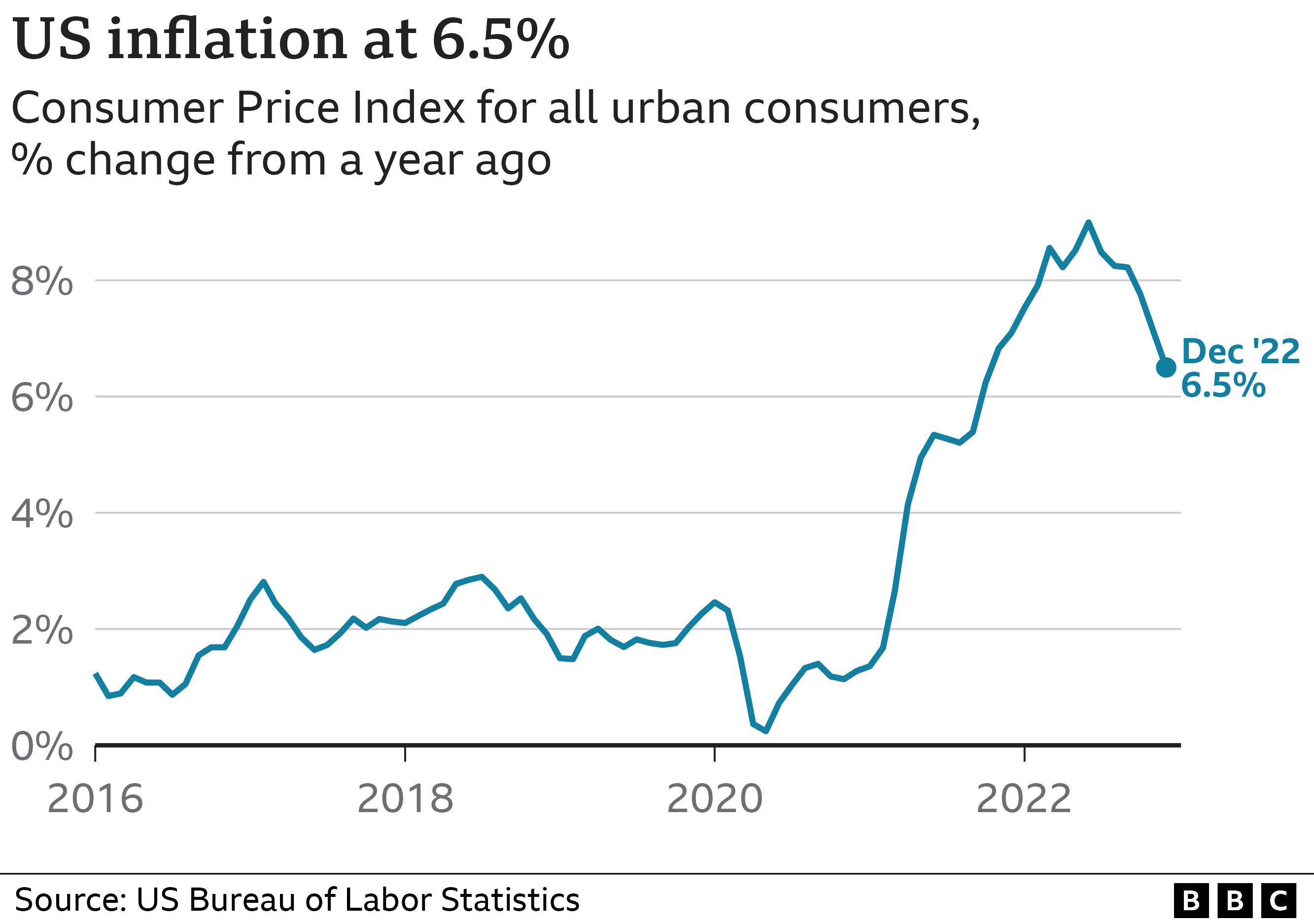Alright, folks, let’s cut through the noise. The situation in Gaza is, frankly, a mess, and today brings a glimmer – a very tentative glimmer – of potential progress. According to reports from the Jerusalem Post and Israeli public broadcasting, Hamas is signaling a willingness to release half of the remaining hostages they’re holding, along with the remains of some others, in exchange for a two-month ceasefire.
This isn’t a finalized deal, not by a long shot. We’re talking about a potential exchange of 10 living Israeli hostages for roughly 200-250 Palestinian prisoners held by Israel. Sounds…uneven, doesn’t it? And that’s precisely where the sticking points lie. The exact numbers are still being fiercely debated.
However, and this is crucial, Hamas has apparently agreed to provide a full inventory of all remaining hostages within the first 10 days of any ceasefire. This is a big ask, and a critical one. We’ve seen too many disappearances and ambiguities in the past.
Now, let’s break down the core implications here. Hostage negotiations are always fraught with peril. They’re driven by desperate circumstances and competing interests. Hamas is in a weakened position, but still retains leverage. Israel is under immense pressure to bring its citizens home, but also wary of setting precedents that could embolden further attacks.
In understanding hostage negotiations, it’s vital to remember the ‘Prisoner’s Dilemma’ theory. Both sides face incentives to defect even if cooperation would lead to a better outcome. This makes trust a scarce commodity.
Furthermore, ceasefires, even temporary ones, create space for rearmament and regrouping. Any extended pause risks strengthening Hamas’ long-term capabilities. Knowing these dynamics is crucial for interpreting the news and assessing the true risks and rewards involved.
Finally, the lack of direct confirmation from Hamas is concerning, to say the least. Is this a genuine offer, or a calculated maneuver to buy time? We’ll be watching closely. This situation is a volatile cocktail, and we need to proceed with extreme caution.



